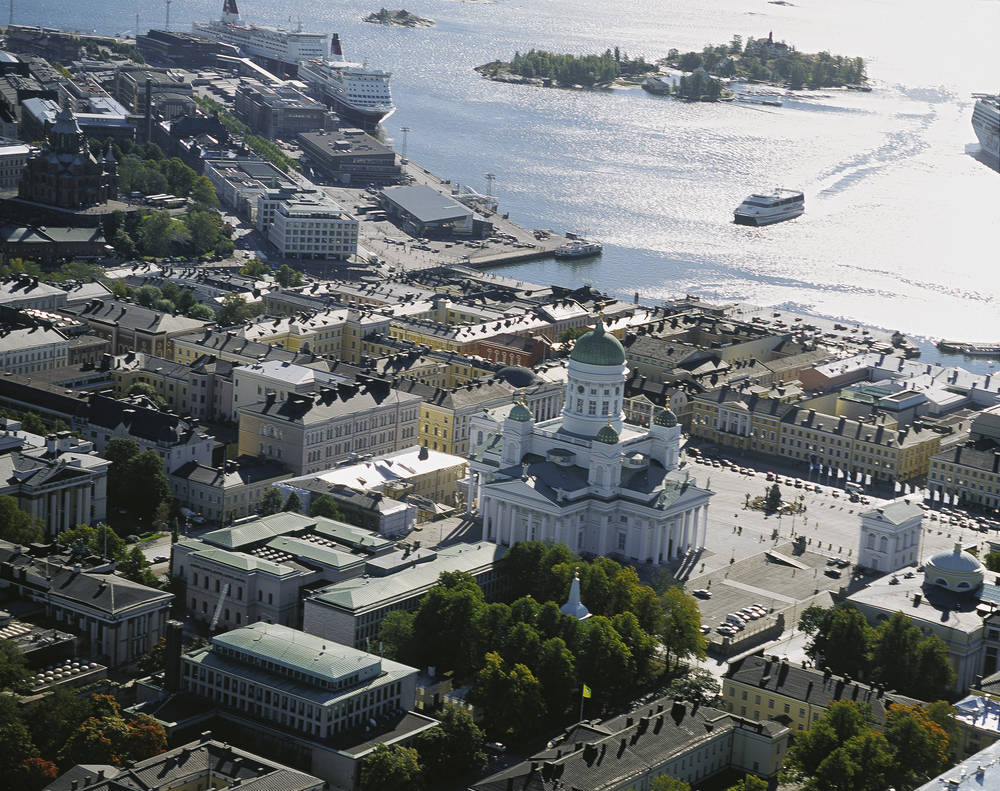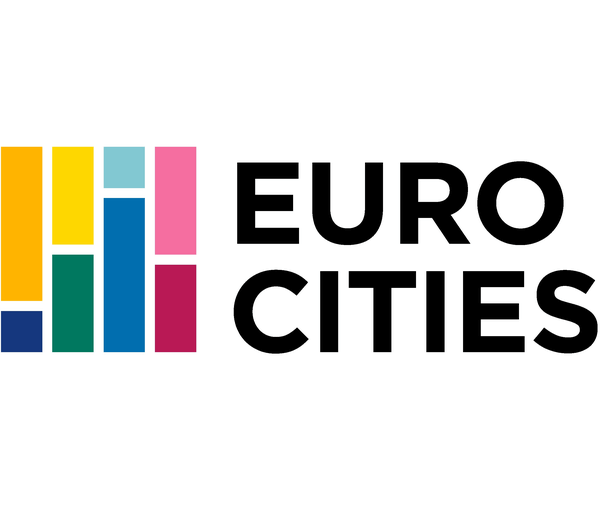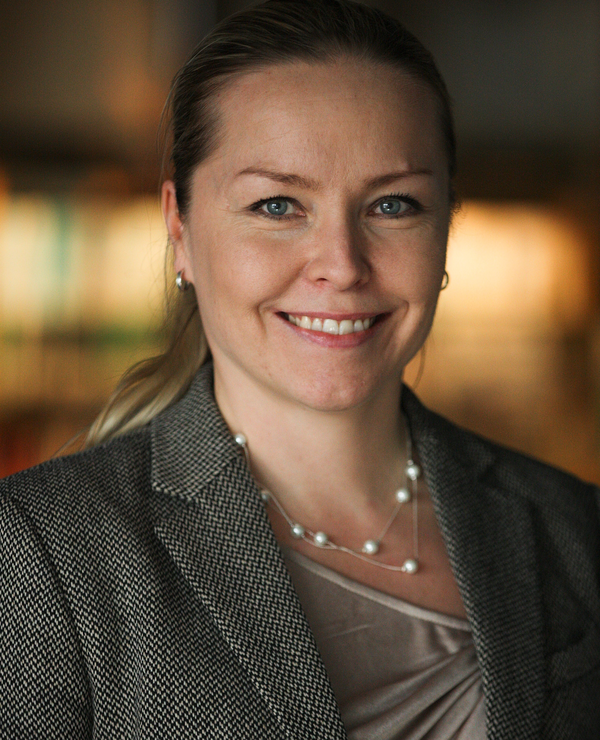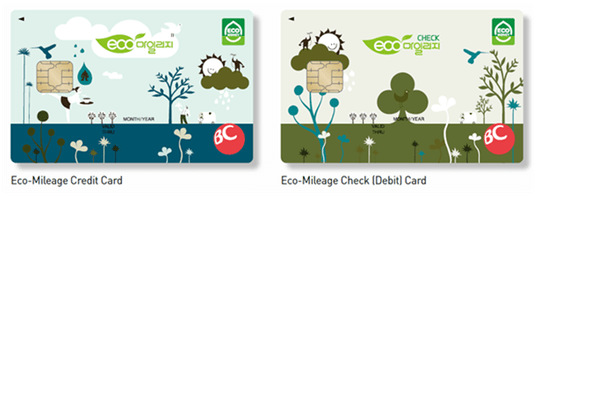City
Greater Helsinki
Main actors
City Government, Regional Government, other
Project area
Metropolitan Area
Duration
Ongoing since 2010
In 2010, the cities of the Helsinki Metropolitan Area began sharing public data for anyone to use freely. These open datasets, available through a web platform (www.hri.fi), make it possible for citizens to develop applications and follow public decision making.
Helsinki Region Infoshare (HRI) is about making public data available for citizens to access, use and transform into creative new mobile applications. An initiative of the Helsinki metropolitan area, HRI is a portal for public information from Helsinki and its surrounding municipalities (Espoo, Vantaa and Kauniainen). It began with a pilot project, which saw information such as statistics, financial data, public transport and service maps go public. From 2013 onwards, the wealth of data available to citizens and developers is expected to include historical maps and aerial photos and health and wellbeing data, to name a few. The availability of such data has prompted citizens to create apps such as ‘Blindsquare’ which helps blind people negotiate their way around the city, and ‘Recycling in Finland’ where users can identify the closest recycling point for a particular product anywhere in Finland.
Originally published by EUROCITIES, the network of 130 European cities - PDF: http://nws.eurocities.eu/MediaShell/media/Citiesinaction_TheHague_neighbourhoodsustainability.pdf
Eurocities Awards
This project was shortlisted for the 'Eurocities Awards' in 2013 in the following category: Smart governance.
On Map
The Map will be displayed after accepting cookie policy






